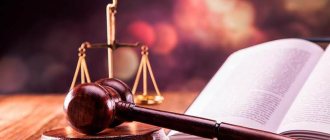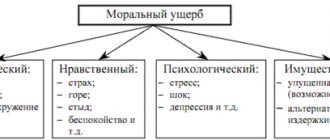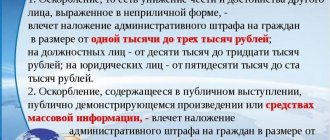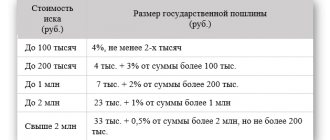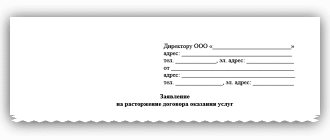What is a judicial authority?
At its core, the judicial authority is not a body or division of the judicial system of the Russian Federation, but a function that they are authorized to perform. There are four authorities in Russia, Law No. 1-FKZ of 1996:
- first;
- appeal;
- cassation;
- supervisory.
Based on the rules of legal proceedings in the Russian Federation, cases must be considered in strict sequence:
- In the first instance on the merits (mandatory).
- In appeal, and then cassation (if the deadlines for filing an appeal are met). If an appeal is not filed, then the possibility of appealing to cassation remains.
- By way of supervision. The assessment of legality is carried out by the Presidium of the RF Armed Forces.

Functions and gradation of courts
Powers of the Judiciary
The judicial power of the Russian Federation is represented by a set of multifaceted powers , consisting of:
- administration of justice;
- constitutional control;
- control over the adoption of legal and justified decisions of government bodies and officials;
- ensuring the execution of sentences;
- trial and resolution of cases of administrative offenses;
- clarification of issues of current legislation on issues of judicial practice;
- participation in the formation of the judiciary and assistance in the functioning of these bodies.
The exercise of all these powers is the exercise of judicial power.
The most important power is the administration of justice, which only the court has the right to perform. This power is specifically judicial. But the judicial power, as noted above, is not limited to only this power, but includes many others that are of great social importance. In the Law “On the Judicial System of the Russian Federation” We have already completed our thesis
The legal status of the Supreme Court of the Russian Federation in the judicial system of the Russian Federation, a complete list of the powers of each court is given in more detail.
Do you need proofreading or review of academic work? Ask a question to the teacher and get an answer in 15 minutes! Ask a Question
Types and differences of courts
A person applying to court for the first time needs to clearly distinguish between the concepts of jurisdiction, jurisdiction and instance:
- jurisdiction - the authority of a separate court to consider cases of various types (civil disputes, criminal acts, analysis of disagreements between business entities);
- jurisdiction - the claim must be sent according to the territoriality (in some cases this is only the location of the defendant, and in some cases it is allowed to apply to the plaintiff’s registered address);
- instance - a claim, complaint or presentation can be sent to courts of different jurisdictions if they have the right to perform the function that is necessary for the applicant (consider an appeal, cassation or supervisory complaint).
One and the same judicial body can perform the role of several authorities simultaneously (for example, the Supreme Court of Russia combines four functions at once). In order to understand the powers of different levels in the judicial hierarchy, you need to understand the general essence of each and the differences between them.

Depending on the type of case under consideration, the same body can act as both a court of first instance and an appellate or cassation instance.
What issues does the Constitutional Court decide?
According to the current procedure, the work and scope of activity of this body are determined at the federal level. First of all, we are talking about defining the powers of the judicial body. In this case, the court can consider cases concerning various aspects of law, however, the circumstances of a particular case are not directly studied.
Also read: Forms of complicity in criminal law and what liability is provided
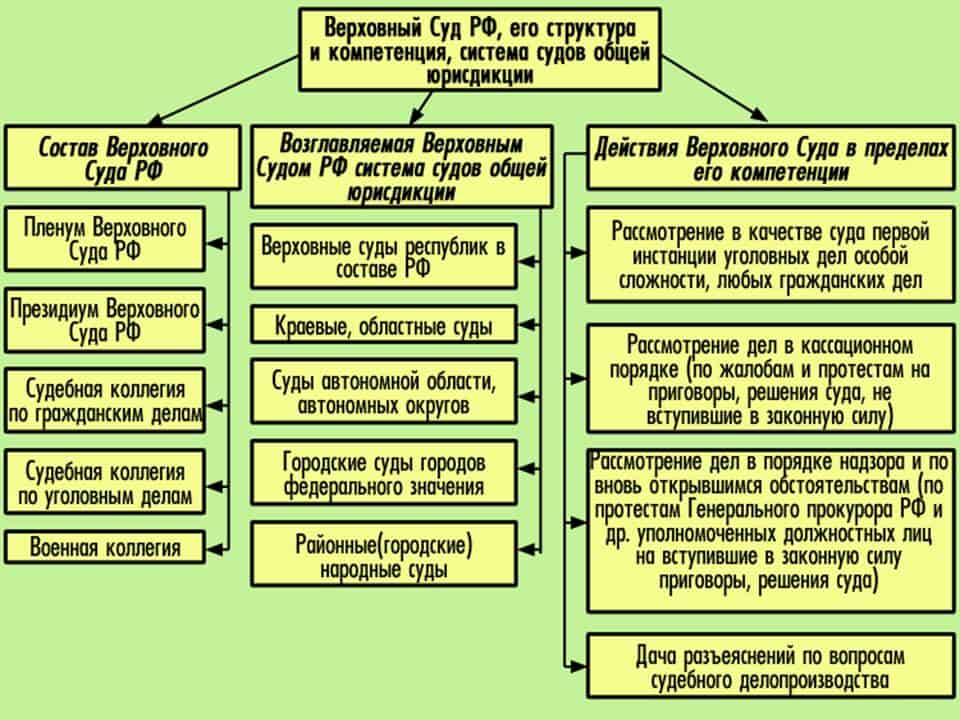
In other words, appeals from citizens, organizations or other officials can be submitted to the Constitutional Court if their rights and freedoms prescribed in the Constitution of the Russian Federation are violated. This right is also reserved for citizens who believe that certain provisions of the country's basic law are inaccurate and need to be amended.
First instance
The first instance is the beginning of any legal proceedings. An application for filing a claim or issuing a court order is considered by a judge for:
- circumstances of the case;
- the presence or absence of signs of a crime or offense;
- establishing the guilt of a particular defendant.
Judges review and study evidence, assess the possibility of their procedural use, call witnesses, experts, and other participants in the case.
Important! In various cases, even the Supreme Court of Russia may act as the court of first instance, Art. 2 of Law No. 3-FKZ.
Second instance
The second stage of consideration of a dispute is an appeal - a retrial of a case on which a decision has already been made. It is necessary to start an appeal before the decision of the first instance court comes into force (usually this happens within a month).
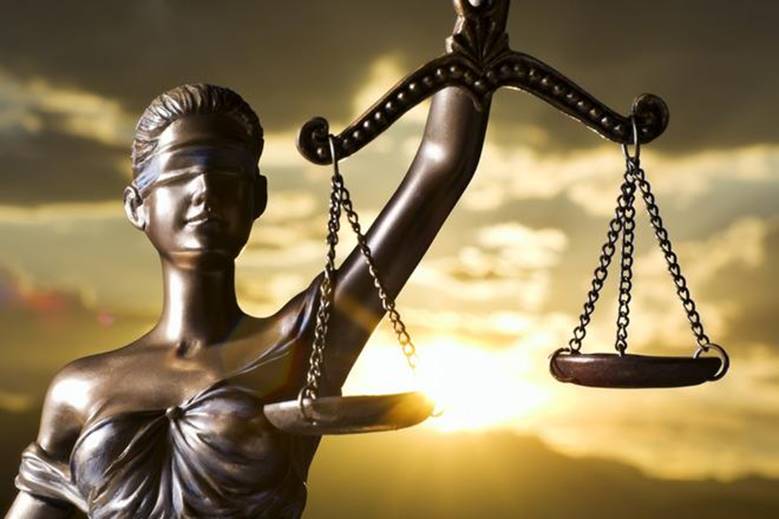
During an appeal, the court of second instance reconsiders all details and evidence
The procedure for filing an appeal is determined in accordance with the procedural standards of the Russian Federation:
- civil cases - Chapter 39 of the Code of Civil Procedure;
- criminal - Chapter 45.1 of the Code of Criminal Procedure;
- arbitration - Chapter 34 of the Arbitration Procedure Code;
- administrative – Chapter 34 CAS.
In 2021, judicial bodies of general jurisdiction were reformed in terms of the procedure for considering appeals and cassation complaints. In particular, Law No. 1-FKZ of 2011 (Chapter 2.2) introduced the Courts of Appeal of General Jurisdiction. Their competence includes submissions and complaints on disputes lost in the supreme courts of the constituent entities of the federation.
As before, the powers of the appellate court in criminal, civil and criminal proceedings remain the right to:
- reverse the first decision;
- leave it unchanged;
- partially cancel the decision or sentence;
- leave the appeal without consideration (for example, if the deadline for filing a complaint has already passed and the decision has entered into legal force).
Important! During the appeal process, the case is re-examined, with the study of material evidence and details of the case. From October 2021, the newly formed Courts of Appeal can also consider cases based on newly discovered evidence and circumstances.
Third instance
In relation to decisions and sentences that have entered into legal force, cassation proceedings may be initiated. The complainant may skip the appeal process.
Cassation exclusively concerns issues of legality and fairness of the decision made in the courts of first and second instance. Evidence in the case is not examined and participants in the process are not interviewed. Only the conclusions of the court and the correct application of legal norms are studied.
In a cassation appeal you can indicate:
- for an error in the application of a rule of law that had a significant impact on the outcome of the case (with convincing arguments);
- to violate the rights of third parties who have not previously participated in the process.
The Court of Cassation cannot evaluate or rely on circumstances and evidence that were not presented to the trial judge (or during the appeal).
Since 2021, there have been 9 cassation judicial divisions in Russia, Chapter 2.1 of Law No. 1-FKZ of 2011. Their duty is to consider complaints in cases of general jurisdiction through the cassation procedure, as well as on newly presented or discovered circumstances. This reform made it possible to avoid situations where appeal and cassation complaints in one case are considered by the same judicial body.
Court is...
A court is a body that resolves legal disputes based on existing rules of law. In organizational terms, it consists of two parts: judges (and their panels) and the judicial apparatus.
The first, in fact, are the embodiment of judicial power. They consider cases based on inner conviction and are guided by current legislation. Judges' decisions are binding and are enforced by state coercion.
Formally, the judiciary is independent of the other two branches - the legislative and the executive.
That is, none of the officials or deputies has the right to tell the judge what decision to make. Each branch of government has its own systems of authority and funding.
The judicial apparatus is people who work in court, but do not directly administer justice. They solve organizational and technical problems, that is, they help judges.
Here are examples of people who enter the apparatus:
- secretaries of court sessions - keep minutes, send subpoenas, familiarize participants with the case materials;
- specialists from departments and departments, advisers - respond to citizens’ requests, maintain statistics on the consideration of cases, give advice, and participate in meetings to improve the functioning of the judicial system;
- assistant to the chairman - prepares draft documents, distributes cases to judges;
- office and archive workers – receive and forward court correspondence and ensure the safety of cases.
The effective work of the court is the result of joint efforts of all levels. Just like mistakes in handling cases cannot be attributed to an individual.
Often, a judge has 10-15 trials a day due to the top economizing on personnel or the illiterate distribution of cases.

This leads to a superficial consideration of disputes and omission of details. According to a 2018 Institute for Law Enforcement Studies survey, more than three-quarters of judges are regularly delayed at work.
Fourth instance

The Supreme Court is the highest authority
The highest and exclusive level of judicial proceedings is considered to be the supervisory authority. By way of supervision, decisions and sentences that have entered into force are considered by the Presidium of the Supreme Court of the Russian Federation. The supervisory function can extend to cases in almost any jurisdiction:
- for criminal cases - in the manner prescribed by Chapter 48.1 of the Code of Criminal Procedure (on sentences passed by the Appeals Board of the Supreme Court, cassation decisions of the Judicial Collegiums in criminal cases and military cases, decisions of the Presidium of the Supreme Court);
- for civil cases - in accordance with Chapter 41.1 of the Code of Civil Procedure (the decisions of the Supreme Court of the Russian Federation are subject to supervision, if the case was considered there initially, the decisions of the Judicial Collegiums of the Supreme Court for civil disputes and military cases, and the Appeals Board of the Supreme Court);
- for arbitration - in the manner described in Chapter 36.1 of the Arbitration Procedure Code (the Presidium of the Supreme Court considers decisions of the Judicial Collegiums adopted in the order of first consideration, appeal or cassation appeal);
- for administrative ones - in accordance with Chapter 36 of the CAS (according to the determinations of the Judicial Collegium for Administrative Offenses, adopted in the initial consideration, by appeal or cassation).
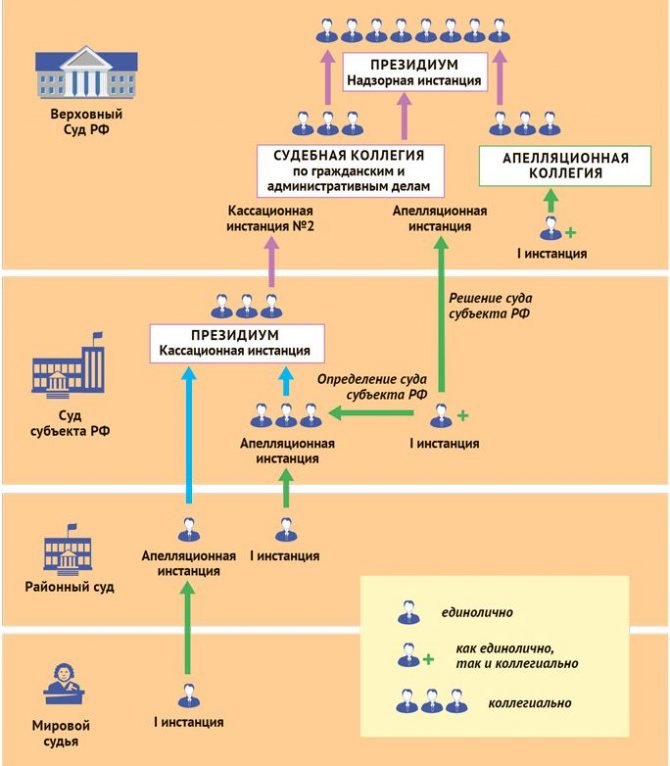
The procedure for considering cases by courts of different instances
The concept of the judiciary
The judicial power is one of the branches of state power, and the subject that exercises this power is the system of judicial bodies, which has the ability to influence processes occurring in society.
The judiciary is a type of state power along with the legislative and executive, and its bodies have a certain independence. The principle of independence of the judiciary of the Russian Federation is manifested in the independence of judges, subject exclusively to the law and the Constitution of the Russian Federation. We have already completed an essay
The Constitution of the Russian Federation in more detail.
The courts of the Russian Federation are on a par with the President of the Russian Federation and the Federal Assembly. We have already completed coursework
Correcting errors in more detail and by the Government of the Russian Federation On this topic, we have already completed
an essay
by the Government of the Russian Federation in more detail, exercising state power in our country.
Finished works on a similar topic
- Coursework Judicial power 470 rub.
- Abstract Judicial power 240 rub.
- Test work Judicial power 220 rub.
Get completed work or advice from a specialist on your educational project Find out the cost
The functions of government, based on the principle of separation of powers, are distributed between three branches of government that have independence and mutual balance. The obligation to apply laws and other normative legal acts indicates the connection of the courts with the legislative and executive powers. But if the judiciary recognizes laws, decrees of the President of the Russian Federation and resolutions of the Government of the Russian Federation as illegal and contrary to the Constitution of the Russian Federation, it has the right to repeal them.
Note 1
When making court decisions and sentences, the judicial branch has complete independence, but the execution of these decisions is the responsibility of the executive branch. Due to the fact that citizens have the opportunity to appeal in court the actions of officials and executive authorities, the judiciary resists the illegal actions of this government.
In accordance with the Constitution of the Russian Federation, the judicial power in our country is represented by four types of legal proceedings :
Do you need to select scientific articles for your academic work? Specify a topic and receive a response in 15 minutes get help
- constitutional;
- civil;
- administrative;
- criminal.
Each of these complexes is characterized by its own set of procedural rules defined by law.
Features of the functioning of each instance
In the scheme of courts of general jurisdiction, the same structural unit can act as different authorities.
| Judiciary Division | Handle disputes in a quality and orderly manner | ||
| first instance | appeal | cassation review | |
| World judge | On divorce (without children), property disputes (claim value less than 50,000 rubles), issuance of orders up to 500,000 rubles, on administrative violations and criminal offenses (if the maximum penalty is not more than 3 years in prison) | No authority | |
| District Court | Civil non-property and property disputes, criminal cases, inheritance issues and divorces (if there are children), administrative and labor disputes | Reviewing decisions of magistrates | No authority |
| Regional courts, federal subjects, territories, autonomous districts and regions | All civil disputes, cases regarding the preservation of state secrets, some questions about administrative violations | Regarding decisions of district courts on territoriality | Powers are transferred to the Courts of Cassation, Art. 23.2 of Law No. 1-FKZ |
| Supreme Court | Economic disputes between the federal authorities and the bodies of the constituent entities of Russia, as well as the highest government bodies of the Russian Federation | The Appeals Chamber considers decisions made by the Supreme Court of the Russian Federation if the cases were initially considered in one of the Judicial Collegiums of the Supreme Court | In relation to decisions taken by the highest judicial bodies of the constituent entities of the Russian Federation, as well as decisions of other courts, if other methods of appeal have already been exhausted |
Decisions of arbitration courts of first instance go through the process of appeal. For this category of cases, there are their own Arbitration Courts of Appeal (Article 33.1 of Law No. 1-FKZ of 1995), and cassation cases are considered in Arbitration Courts of districts (there are 10 of them throughout Russia, Article 24 of Law No. 1-FKZ of 1995) .

A separate procedure is provided for appealing decisions of arbitration courts.
Order a free legal consultation
